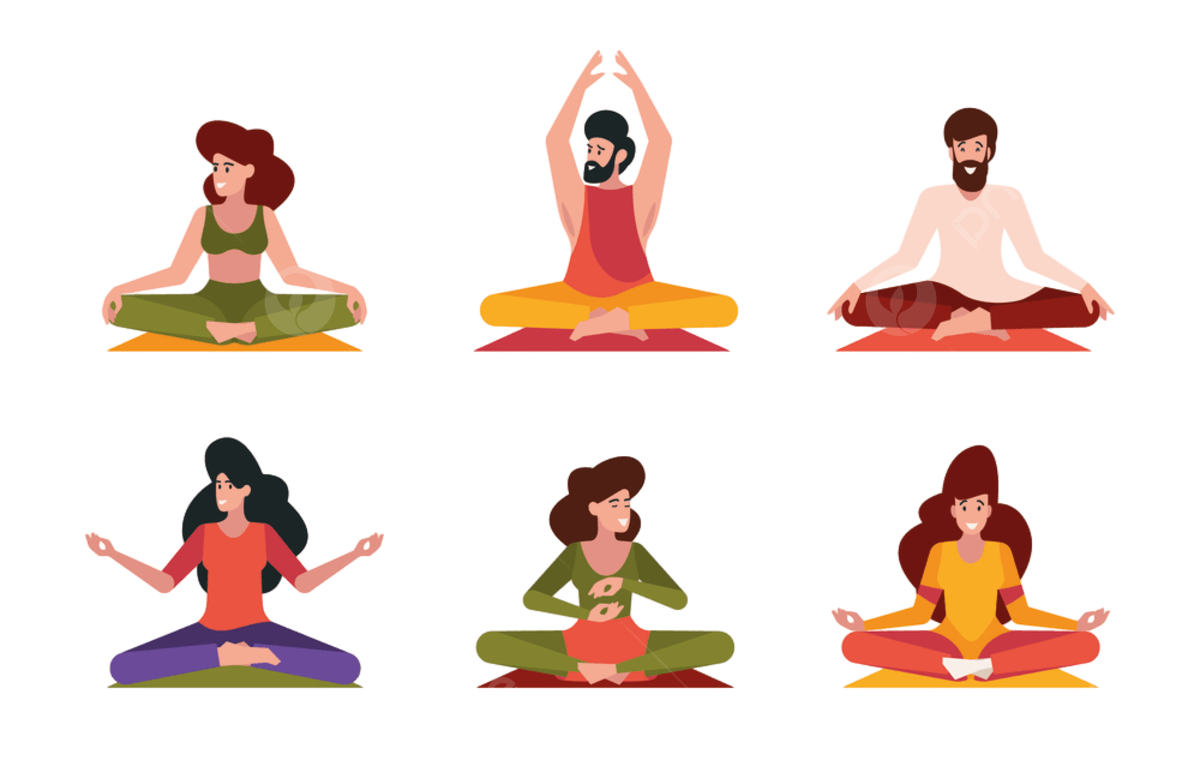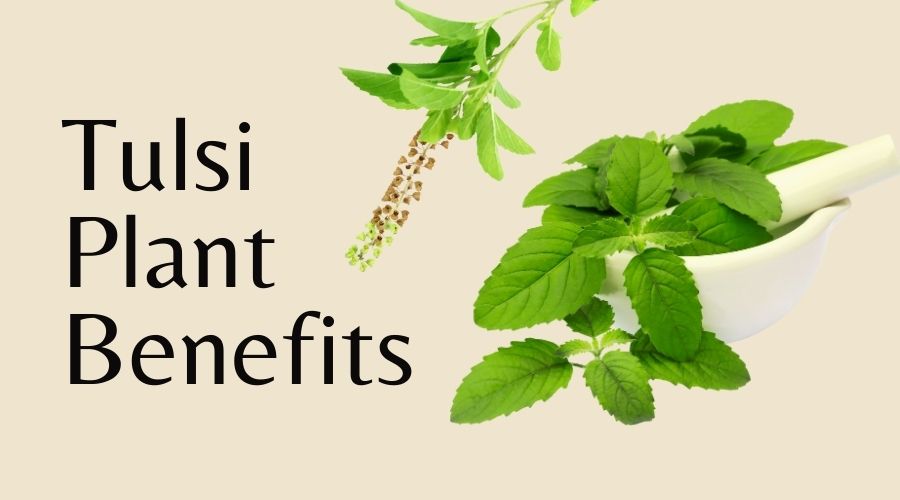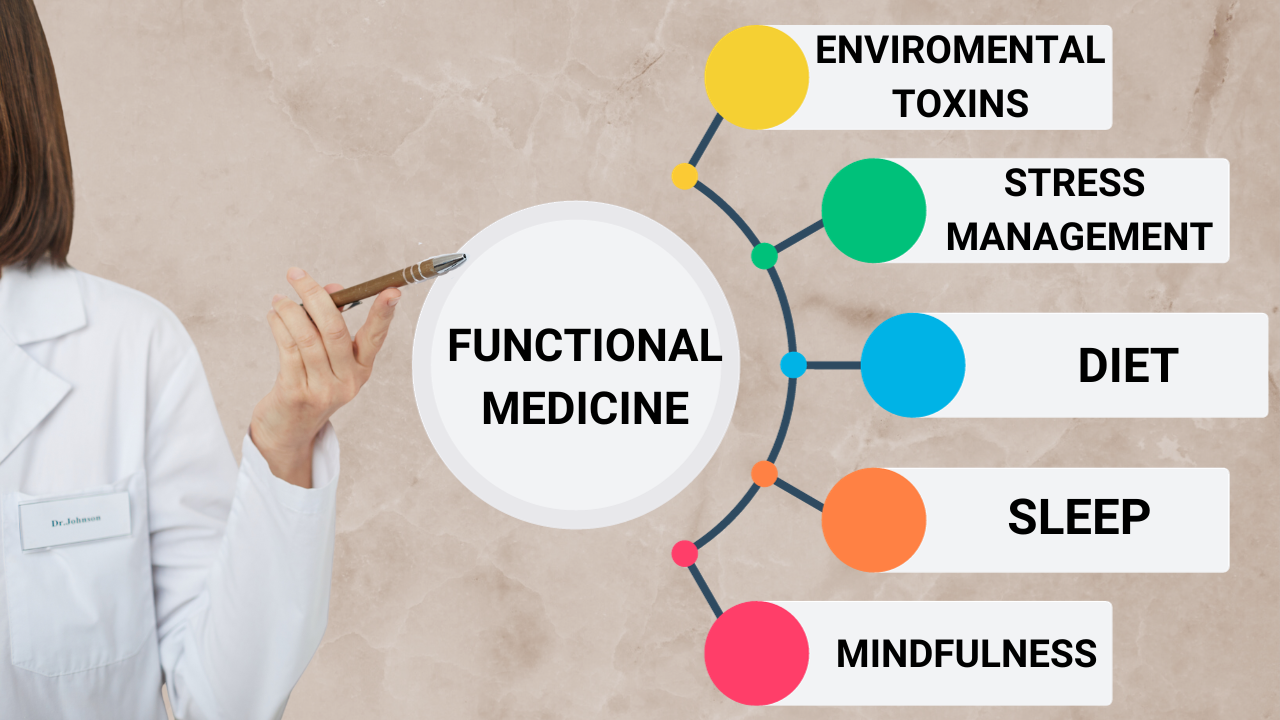
Since the pandemic, people’s perspective on life has changed. We have started paying attention to our family, and work-life balance, and prioritizing our health. This article includes health-related trends that were practiced because of the pandemic.
Change is Constant
There is no doubt that 2020 changed our lives, but after a while, we started accepting this change and became more flexible in adapting to it. Apart from the change in the work environment, we also became more cautious about our health—not just physical but also mental and emotional health.
As we were not allowed to roam outside people adapted innovative ways to stay fit (mentally, physically, and emotionally). Some of these trends are:
Importance of Immunity
The pandemic taught us how important our immune system is and how to strengthen it by exercising and eating immunity-boosting foods. These include citrus fruits, almonds, spinach, papaya, green tea, etc.

Fermented Foods
Naturally fermented foods strengthen your gut, and if the gut is healthy, the immune system fights better. That is why people are showing a lot more interest in fermented foods these days. Plus, gut health impacts your brain, digestion, and more. Fermented foods strengthen our immune systems, enhance nutrient absorption, and support digestive health.

Indoor and Outdoor Workout
Due to the lockdown, many of us started exercising at home. Many bought home equipment for better efficiency. However, after the lockdown was lifted, people started visiting parks, gardens, and gyms to remain fit. This trend of at-home exercising or outdoor physical activity will continue as many are still working or learning from home, and an enclosed gym environment may not be everybody’s preference at the moment.

Mental Health Moment
These 2–3 years did affect our mental and emotional health, especially for those suffering from developmental disorders. Our routine became messy, and not being able to go out did make us worried, frustrated, and disorganized. To combat these mental challenges, yoga, exercise, prayers, and mindful activities (listening to songs, reading, dancing, and drawing) were practiced.

Financial Health
This year has taken a financial toll worldwide, so it makes sense that understanding and emphasizing financial health is a major trend. Many people lost their jobs, had a salary cut, and suffered a lot because of it; thus, prioritizing this aspect of health has become crucial. There are a lot of pieces to understanding your financial health, including having a clear budget, knowing how much you’re putting away for retirement, and working towards your savings.

Flexitarianism
This might be a new word for many. It means instead of having pure vegetarian food, go for a flexitarian way of eating. Flexitarians are people whose diet is mostly vegetarian but sometimes includes meat, fish, or poultry. This type of diet could be one of the best ways to reduce your environmental impact and improve your health. So instead of being super-restrictive, this diet adds a little leeway to your diet. Flexitarians are just that—flexible. Instead of committing to a full-time, plant-based diet, flexitarians focus on eating mainly whole foods like fruits, vegetables, grains, and dairy.
Home Cooking
The pandemic forced us to cook and eat at home. Eating home-cooked food daily did benefit our health as there was no junk food to binge on. Cooking becomes fun when everyone is helping out and you experience different varieties and new recipes every day. Or maybe cooking is an opportunity for you to spend some quiet time during the day. Either way, cooking at home keeps you in control of your ingredients and is usually a much healthier option than eating out.

Adapt Adaptogens
Stress is a major life concern, with or without the pandemic. People go for adaptogenic herbs to combat stress, which help maintain cortisol levels and help the body deal with stress. Adaptogens are herbs and plants used to help the body adapt to stressors of all kinds. Each type of adaptogen has its unique properties and benefits. Some of them are tulsi, mushrooms, ashwagandha, etc. Adaptogens are solutions to many of the problems of modern living: low mood, stress, anxiety, depression, and strengthening of the immune system.

Comfort at Home
We are spending more time inside our house which means that many are putting more effort into organizing their homes and creating a comforting, pleasant space for work, play, and relaxation. This can mean decluttering your home and minimizing the amount of “stuff” you have or creating a “safe space” to keep your mind at ease.
Restoring Health through Nature
With humans sitting inside their houses, nature has rejuvenated itself; we got to see clean air and water, and even animals enjoyed their freedom. After some relaxation of restrictions, people are preferring to visit a nature-friendly place sustainably. Studies show that exposure to natural environments is associated with mental health benefits and is an excellent way to separate from environments that cause brain fatigue.
Along with these, there are some more trends that the fitness industry noticed from their customers' demand.
Pandemic Effect on the Health and Wellness Industry
The global health and wellness industry is booming. Already a top priority for many consumers pre-covid, health and wellness have come into an even sharper focus as a result of the pandemic. Research estimates that the global wellness market is worth $1.5 trillion and is growing fast – at a rate of 5-10% per year.
According to the industry, the key trends seen are:
- My health on my terms: One of the most significant developments in health and wellness has been the rapid advances in tracking and testing, which are facilitating personalized health and wellness recommendations on demand. Wearables like watches are becoming popular, not only wearables but certain platforms also allow health testing at home and recommend diet and exercises for you accordingly.
- A scientific approach to sleep: Sleep is big business, and the impact of the pandemic is affecting growth in this sector, with consumers placing an increasing emphasis on quality sleep against a backdrop of anxiety and stress. The Global Wellness Summit predicts that a new focus on circadian health will shape the products and services we see in the category. Circadian health relates to aligning behaviors with our natural circadian rhythms—24-hour cycles such as the sleep-wake cycle, which are influenced by external factors like natural light and temperature—for instance, disconnecting from devices before bed or the way we care for our skin.
- Function at the fore: A big trend we see is a growing interest in functional foods and beverages that support better physical and mental health. The most evident application of this is in the field of immunity-boosting food and drink. According to a new study by Ipsos that explores the world’s food habits, Indians are choosing organic food, saying no to genetically modified food, and are willing to choose a plant-based substitute for meat; most Indians are happy with their appearance and don’t have much faith in diet plans. 74% of Indians are content with their current body weight, and 63% of Indians are willing to eat a plant-based substitute for meat. 57% of Indians claim to be consuming organic food. In sharp contrast, the developed world is least likely to eat organic food—only 12% of Brits and 13% of Japanese, for instance. 65% of Indians say that they are opposed to eating Genetically Modified (GM) food.

The Beginning
Now more than ever, people across the globe are prioritizing their mental, emotional, and physical health. That’s great news and perhaps the silver lining after such a difficult year. These trends are not for a short time or as long as they are needed; they are going to be inculcated in people’s lives and practiced in the future as well.


.png)


